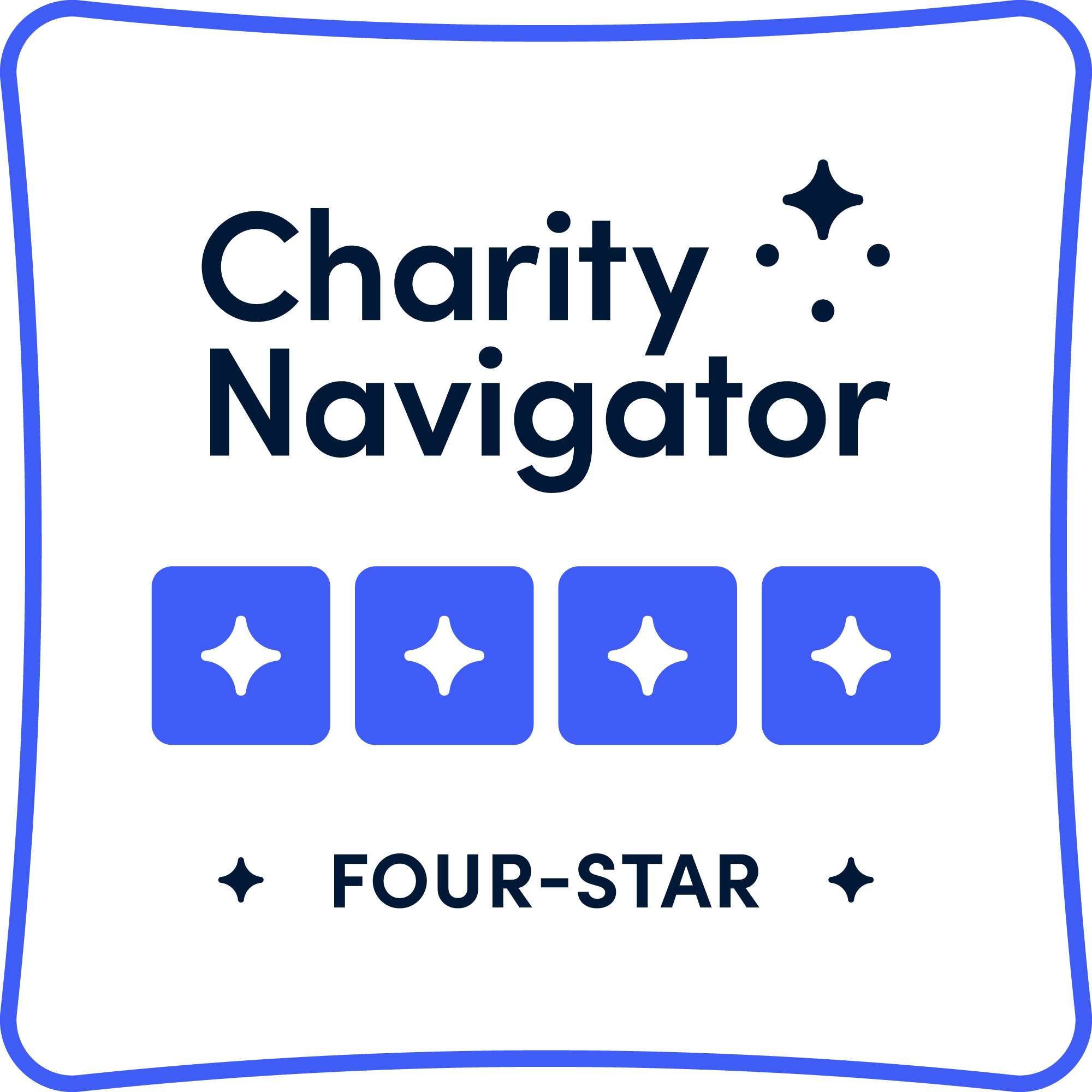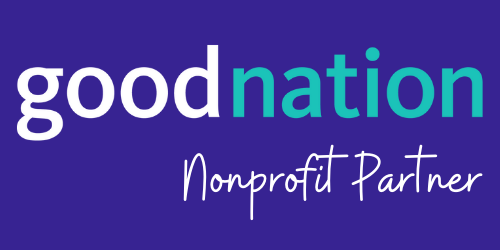People are presented with many choices throughout their day, from what to have for lunch to where to go on vacation to how much money to save for emergencies. In many situations, this ability to choose enhances our lives. However, having too many choices can sometimes feel like a burden, especially if the choices are complex or the decisions we’re making are important. In these instances, we often make poor decisions, or sometimes even fail to choose at all. This can create real problems, for example when people fail to save enough for retirement or don’t make the right choices when it comes to staying healthy.
So why is it that so much effort has been spent trying to improve decision-making by giving people even more information about the choices available – often complicating the choice even further?
In a new paper by ideas42, ideas42 co-founder Antoinette Schoar of MIT’s Sloan School of Management, and ideas42’s Saugato Datta argue that this approach of providing more information to help individuals make better decisions is flawed, “since it does not take into account the psychological or behavioral barriers that prevent people from making better decisions.” The solution, they propose, is using effective rules of thumb, or ‘heuristics’, to “enable people to make ‘reasonably good’ decisions without needing to understand all the complex nuances of the situation.” The paper explores the effectiveness of heuristics as a tool to simplify information during decision-making and help people follow through on their intentions. The authors offer powerful examples of effective heuristics-based methods in three domains: financial education, agriculture, and medicine.
ideas42 is now building on the findings in this paper to develop financial heuristics programs for microentrepreneurs around the globe. By combining our expertise in behavioral design with our partners’ deep knowledge of small businesses in developing countries, we plan to design and test scalable solutions to help microentrepreneurs build more sustainable and profitable businesses, and lift themselves and their families out of poverty. Watch this space for further updates as this work progresses.


